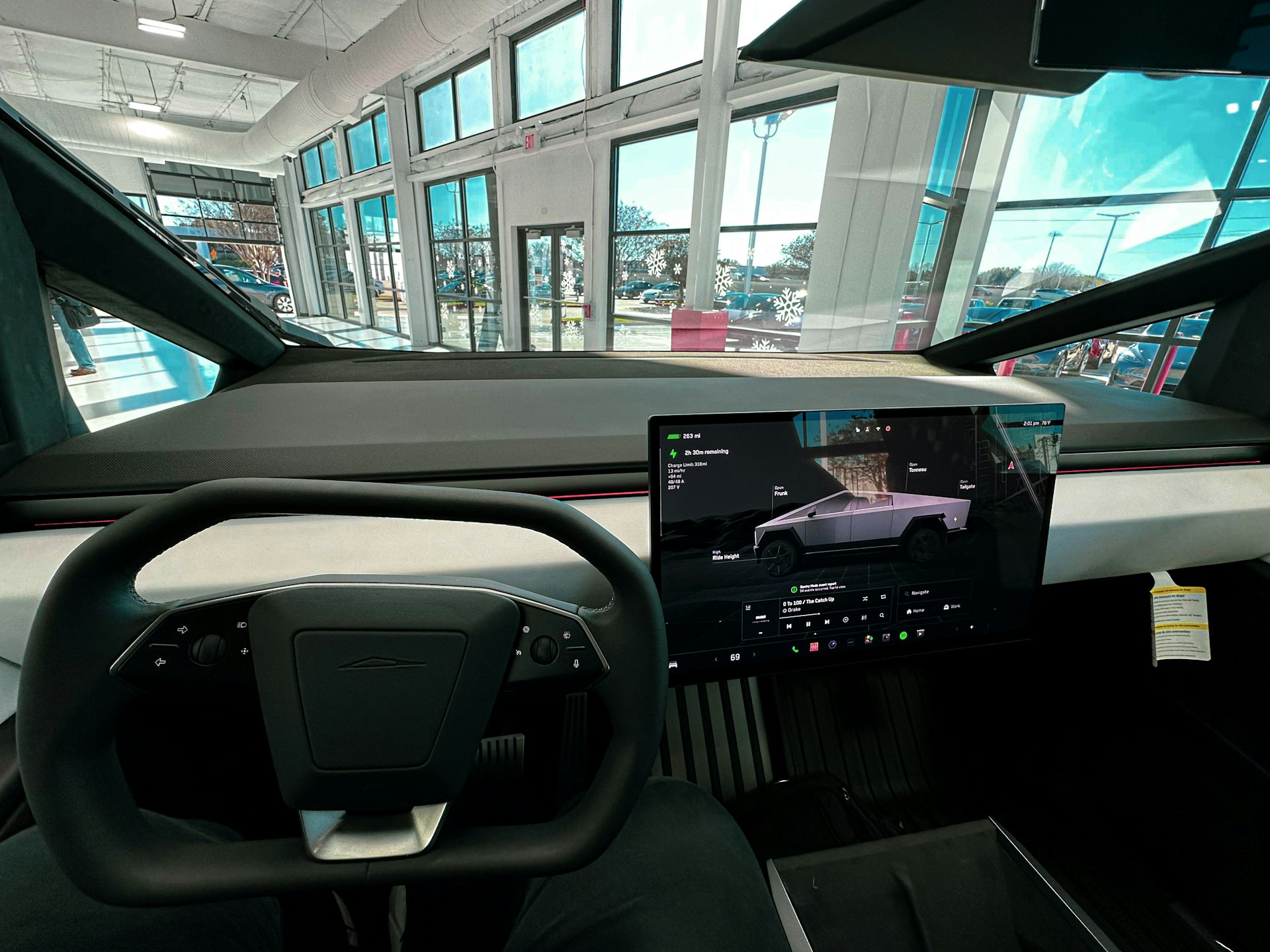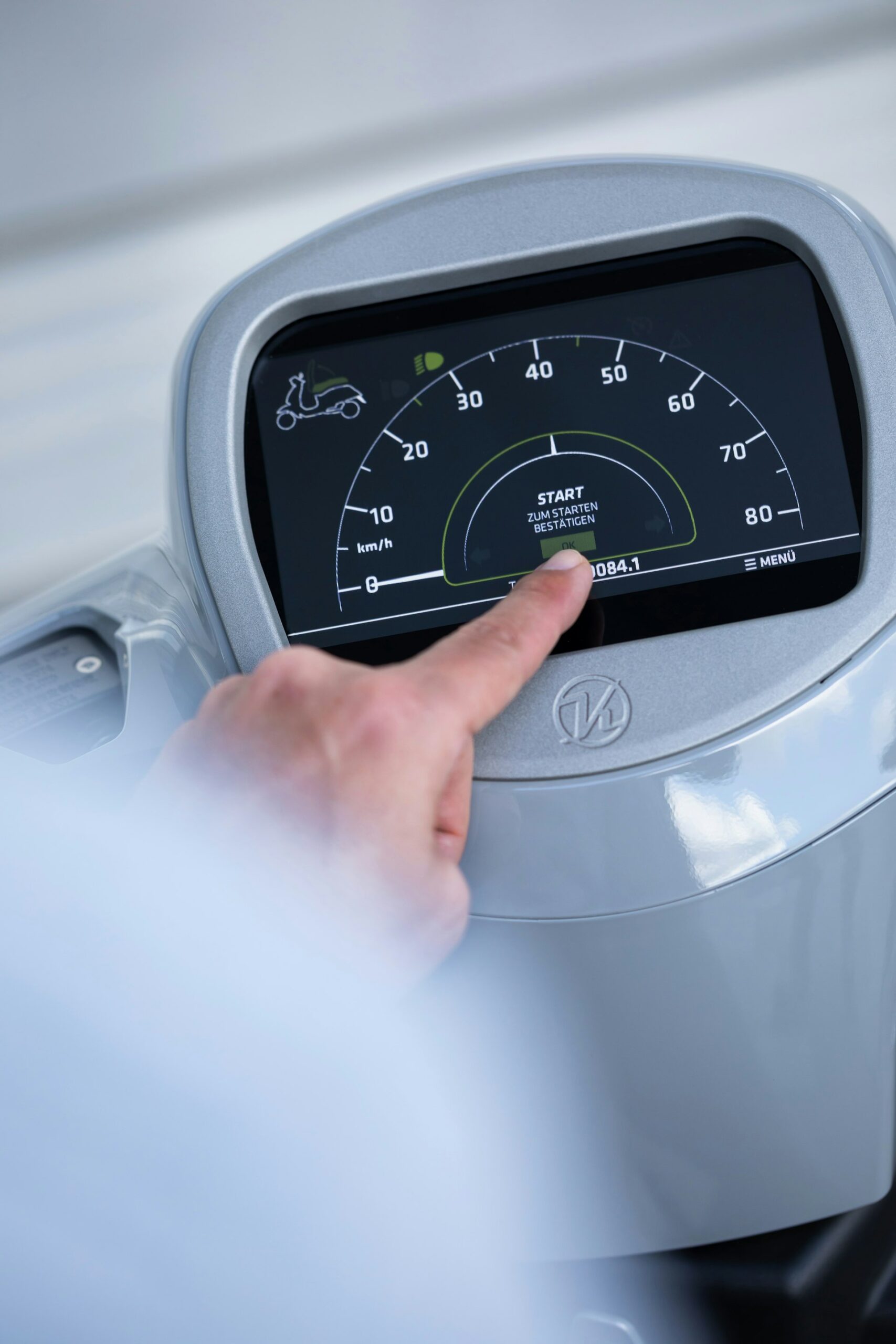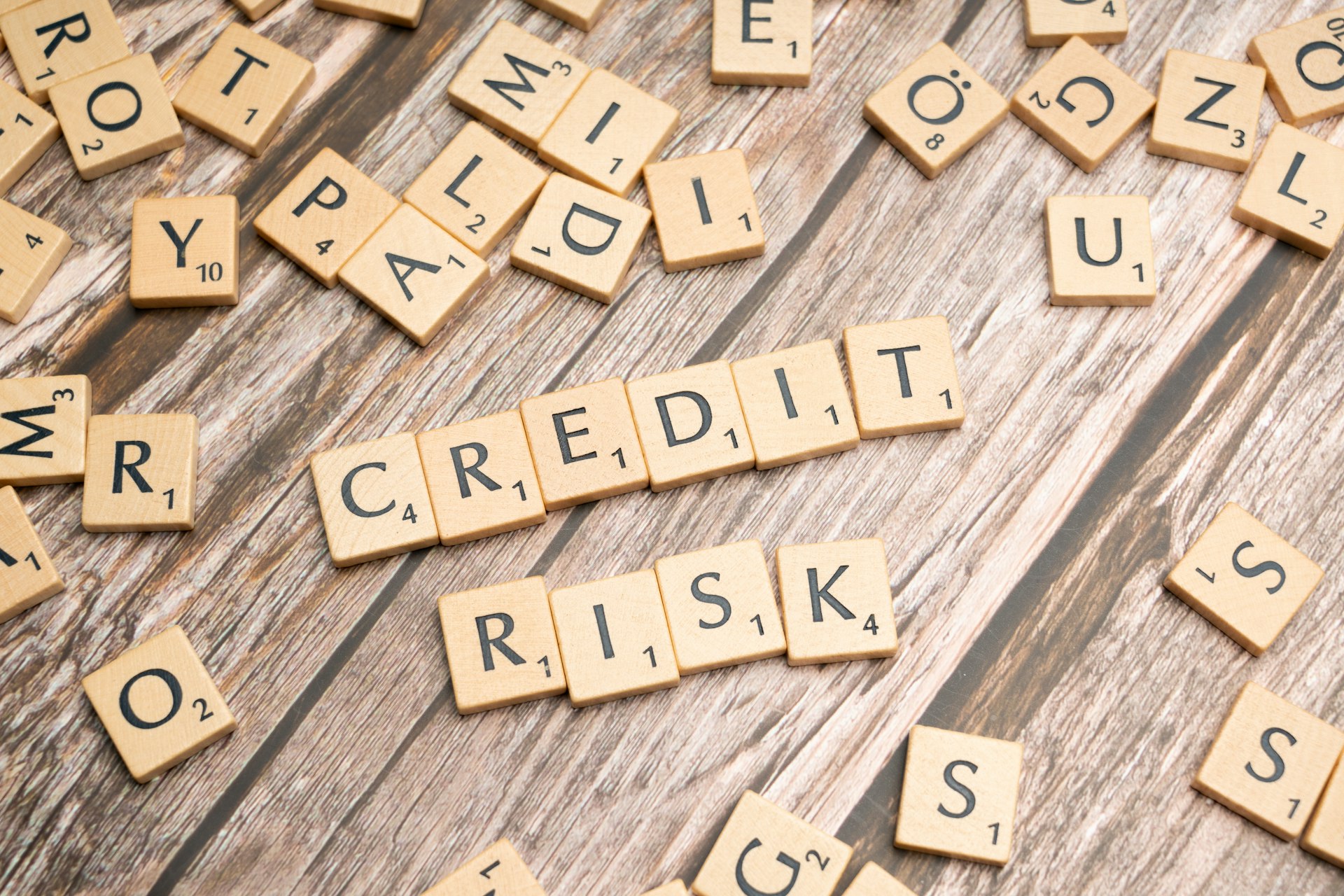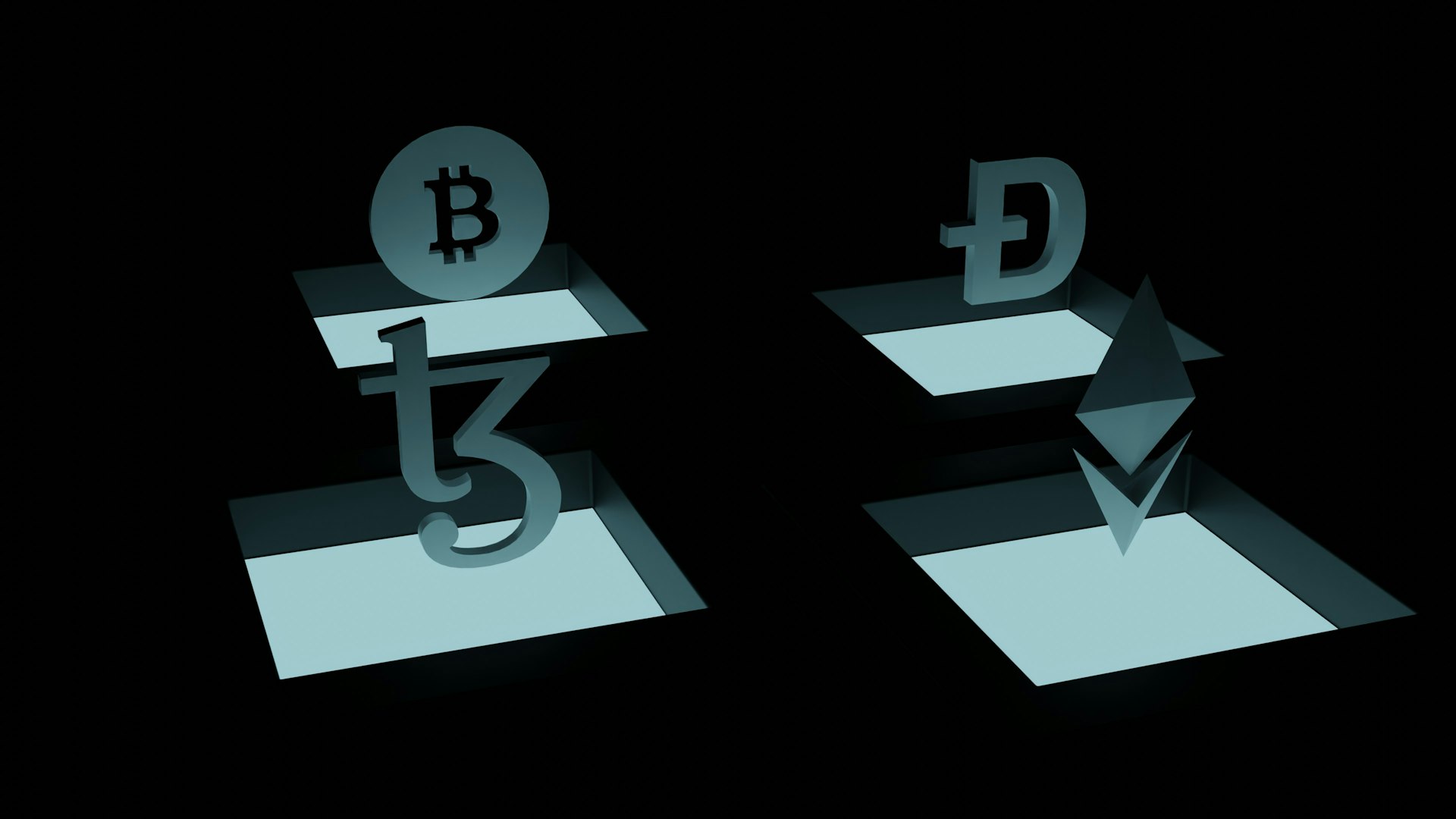Unlocking Efficiency and Trust: Blockchain Applications Revolutionizing the Automotive Industry

Photo by Artiom Vallat on Unsplash
Introduction: Blockchain’s Transformative Role in Automotive
The automotive industry is undergoing rapid digital transformation, with blockchain technology emerging as a cornerstone for transparency, efficiency, and security. By enabling decentralized, tamper-resistant data management and automating complex transactions, blockchain is poised to address some of the automotive sector’s most persistent challenges, from supply chain complexity to data privacy and secure payments. This article explores the most impactful blockchain applications in the automotive industry, offering actionable guidance on implementation and highlighting real-world examples.
Supply Chain Transparency and Ethical Sourcing
Automotive manufacturing relies on a vast, global network of suppliers, making traceability and ethical sourcing of raw materials a critical concern. Blockchain’s distributed ledger technology allows every transaction and movement of goods to be recorded immutably, from raw materials to final assembly. This transparency:
- Prevents counterfeit parts from entering the supply chain
- Ensures compliance with environmental and ethical standards
- Builds consumer trust by verifying product authenticity
Real-world initiatives like BMW Group’s blockchain pilots and the Responsible Sourcing Blockchain Network (with founding members Ford, Volkswagen, LG Chem, and IBM) have demonstrated the ability to trace minerals and components from extraction to finished vehicle, ensuring responsible sourcing and regulatory compliance [1] .
For organizations seeking to implement blockchain in their supply chain, the first step is identifying critical touchpoints where provenance and data validation are essential. Integrating blockchain with barcode scanning, chemical tracers, and existing ERP systems can enhance traceability. Companies may consider collaborating with established blockchain consortia or platforms to accelerate adoption and share best practices.
Vehicle Digital Passports and Lifecycle Management
Each vehicle generates a complex history, including ownership transfers, maintenance, repairs, and accident records. Blockchain enables the creation of a secure, digital vehicle passport-an immutable record accessible to manufacturers, dealers, insurers, and owners. This digital ledger reduces fraud, builds trust in used car markets, and streamlines regulatory compliance [2] .
To access such services, automotive businesses can partner with technology providers specializing in blockchain-based lifecycle management platforms or participate in industry-wide pilots. Buyers and sellers can request blockchain-verified histories for vehicles, while insurers and regulators can cross-check data integrity, reducing administrative overhead and dispute risks.
Secure Data Sharing and Privacy for Connected Vehicles
Modern vehicles generate vast amounts of data through sensors, infotainment systems, and telematics platforms. Blockchain provides a decentralized framework for securely sharing this data among stakeholders-including manufacturers, service centers, insurers, and mobility providers-while protecting user privacy and complying with data protection regulations [2] .
Automotive organizations can implement blockchain to manage data permissions, create auditable access logs, and enable user-controlled sharing of vehicle data. For example, owners can selectively grant access to maintenance records or driving behavior data to insurers, potentially earning discounts or customized services.
To get started, companies should assess their current data flows and explore blockchain-based data exchange platforms. Collaboration with automotive data consortia and adherence to emerging data standards are critical for interoperability and trust.
Streamlined Payments, Smart Contracts, and Asset Tokenization
Blockchain is revolutionizing payments and transactions in automotive by enabling secure, peer-to-peer exchanges and automating complex agreements through smart contracts. These self-executing contracts facilitate:
- Automated lease agreements and vehicle title transfers
- Real-time payments for tolls, parking, and EV charging
- Peer-to-peer energy trading between electric vehicles
- Tokenization of vehicles, enabling innovative financing and fractional ownership models
Initiatives like Innogy SE’s Share&Charge network in Germany have already demonstrated blockchain-powered EV charging stations, while the rapid growth of the automotive blockchain market underscores the technology’s potential [4] .
To leverage these advances, automotive businesses can partner with payment technology providers or join blockchain mobility platforms. For asset tokenization, organizations may explore regulatory-compliant token issuance and digital asset management solutions, working closely with legal advisors to navigate evolving regulations.
Enhancing Cybersecurity and Autonomous Driving Integrity
With vehicles increasingly connected and autonomous, cybersecurity threats and data manipulation risks are paramount. Blockchain provides a tamper-proof infrastructure for managing software updates, authenticating components, and auditing data used by self-driving systems [2] .
Manufacturers can implement blockchain to record and verify all software changes, ensuring only authorized updates are installed. For autonomous vehicles, blockchain can create an auditable history of sensor data and operational decisions, supporting liability investigations and regulatory compliance.
To adopt these solutions, organizations should assess their current cybersecurity frameworks and evaluate blockchain-based update management or data auditing tools. Collaboration with cybersecurity experts and participation in automotive blockchain pilot programs can accelerate secure implementation.
Market Growth and Future Opportunities
The automotive blockchain market is experiencing rapid expansion, with estimates ranging from $1.57 billion in 2029 to as much as $9.4 billion by 2034 [3] [4] . This growth is fueled by trends such as the rise of electric vehicles, the expansion of mobility services, and the increasing importance of data security and transparency.
Organizations looking to participate in this market should:
- Monitor regulatory developments and industry standards
- Engage with technology providers and pilot projects
- Invest in staff training and change management
- Consult legal and compliance experts to ensure alignment with data and asset regulations
Implementation Challenges and Solutions
While blockchain offers transformative benefits, challenges remain. Scalability, interoperability with legacy systems, and regulatory uncertainty are key hurdles. To overcome these, organizations should:
- Pilot small-scale blockchain projects focused on high-impact use cases
- Collaborate with industry consortia to set shared standards
- Invest in flexible, modular blockchain platforms that integrate with existing IT infrastructure
- Engage proactively with regulators and industry groups to shape policy and compliance frameworks
Alternatives to blockchain, such as traditional databases or private distributed ledgers, may still be appropriate for organizations unwilling or unable to adopt public blockchain approaches. However, the long-term industry trend points toward greater decentralization and transparency.
Getting Started: Actionable Steps
Automotive organizations and stakeholders interested in blockchain applications can begin by:
- Identifying business processes where transparency, security, or automation can yield significant value
- Researching blockchain consortia, technology vendors, and pilot projects relevant to their needs
- Engaging with regulatory bodies and legal advisors to assess compliance requirements
- Launching proof-of-concept projects to validate assumptions and build internal expertise
- Fostering cross-functional teams to bridge technical, operational, and strategic priorities
If you’re seeking to learn more or connect with reputable solution providers, consider searching for “automotive blockchain consortium” or contacting established industry groups and professional associations. When evaluating vendors or platforms, always verify their credentials, request case studies, and seek references from industry peers.
Conclusion: Embracing the Blockchain-Driven Future
Blockchain is poised to revolutionize the automotive industry by enhancing transparency, security, and operational efficiency. From ethical sourcing to digital vehicle histories, smart contracts, and secure data sharing, the opportunities are significant and growing. By taking measured, strategic steps and engaging with trusted partners and industry leaders, organizations can unlock new value and build resilience for the future of mobility.

Photo by Erik Mclean on Unsplash
References
MORE FROM pulsefusion.org













